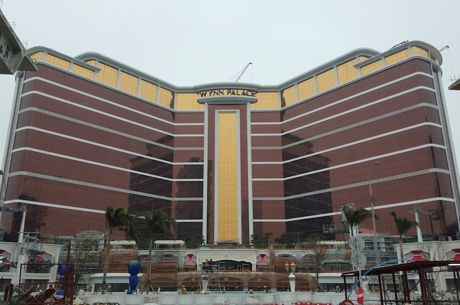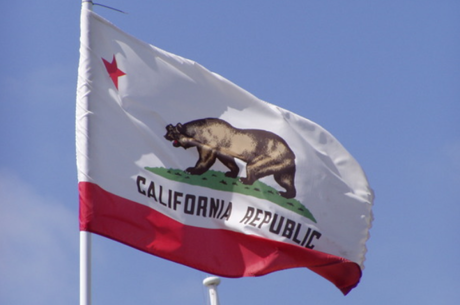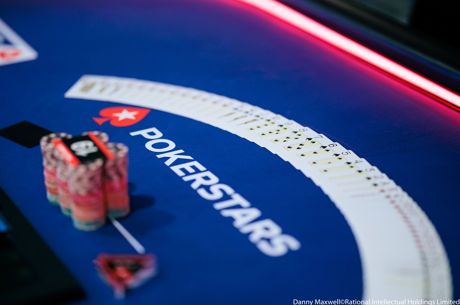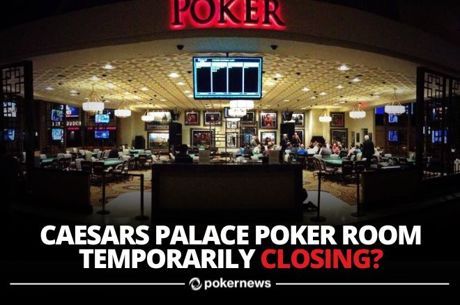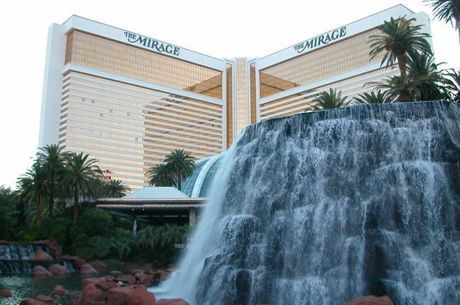Inside Gaming: Questions About Trump Casinos' Taxes, Hard Rock Buys Miami Stadium Naming Rights
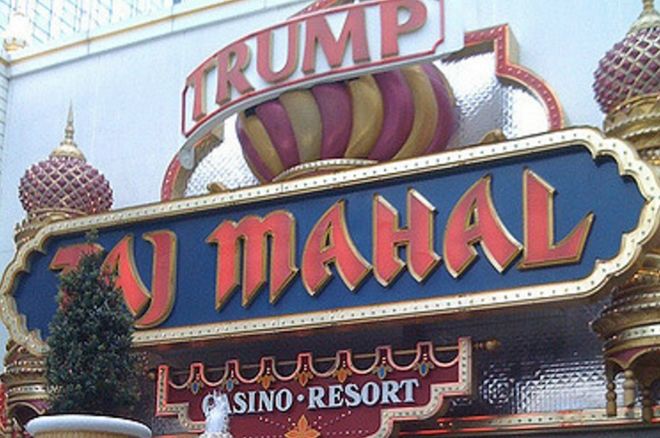
NYT Investigates Connection Between Trump Casinos' Tax Burden Being Lifted and NJ Gov. Christie
According to an investigation published this week in The New York Times, by the early 2010s current Republican presidential candidate Donald Trump's casinos owed nearly $30 million in back taxes, with the state of New Jersey having battled in court for six years in an attempt to collect what was owed. However, in December 2011 the state agreed to a settlement that saw it collect just $5 million of what had been owed.
The NYT suggests a connection between the tax burden being reduced and Governor Chris Christie having taken office a year before, noting how after he had "the tone of the litigation shifted" before the settlement was reached. Noting that while legal experts agree tax authorities will sometimes settle in order to avoid prolonged litigation and possible non-payment, "the steep discount granted to the Trump casinos and the relationship between the two men raise inevitable questions about special treatment."
Christie was himself a candidate for president, vying against Trump for the Republican nomination. After dropping out of the race, Christie became an outspoken supporter of Trump, including speaking in favor of his candidacy at the Republican National Convention in July.
"The refusal by Mr. Trump... to release his personal income tax returns has become a growing issue in the campaign," the NYT continues, noting how the candidate has "boasted of his success in lowering his tax burden as a businessmen, declaring last year in an interview on Fox News that only 'a stupid person, a really stupid person, is paying a lot of taxes.'"
"Public records do not create a clear picture of how the agreement was reached," the article pointedly notes before describing in detail Trump's casinos' bankruptcy cases.
Trump's involvement in Atlantic City casinos dates back several decades. The Trump Plaza Hotel and Casino that operated from 1984 to 2014 before closing. In 1985 another casino opened, Trump's Castle, renamed Trump Marina in 1997 and ultimately sold in 2001. Trump additionally took over ownership of the Resorts Casino Hotel in 1987, which was taken over by lenders in 2010.
Meanwhile the long-embattled Trump Taj Mahal that first opened in 1990 announced earlier this month that it will be closing in early September following the Labor Day Weekend. That property is currently owned by billionaire Carl Icahn who helped Trump Entertainment Resorts emerge from bankruptcy court protection earlier this year by making the company a subsidiary of Icahn Enterprises.
For more on the curious story of Trump's casinos' New Jersey taxes, check out the NYT's feature.
Hard Rock International Buys Naming Rights to Miami Dolphins' Stadium
This week the Hard Rock International announced an 18-year deal to rename the Miami Dolphins' stadium Hard Rock Stadium, reports The Miami Herald.
The deal is reportedly worth around $250 million, meaning the estimated $14 million per year total "would be the third-highest annual naming rights payout for any NFL stadium" behind the Dallas Cowboys' deal with AT&T and the deal between MetLife and the New York Giants and New York Jets (who share a stadium).
Dolphins CEO Tom Garfinkel highlighted the appeal of the Hard Rock brand in his comments about the deal.
"We love the brand," said Garfinkel. "It's all about entertainment. That's what we're about with this stadium, [with] all the entertainment we're going to have. Hard Rock is globally recognized around the world."
Hard Rock International is owned by the Seminole Tribe of Florida which also owns several casinos, including the Seminole Hard Rock in Hollywood, Florida. Garfinkel insists, however, that the naming rights deal shouldn't run afoul of the National Football League's hesitancy over being associated with certain varieties of gambling.
"The deal we did isn't with the casino," said Garfinkel. "The deal is with the entertainment brand Hard Rock, the hotels, the restaurants, the live music brand."
Learn more about the Dolphins' stadium's new naming rights deal at The Miami Herald.
No New Casino in Monterrey, Says Mayor
Following rumors that the Caliente Group, the largest gaming operation in Mexico, had plans to open a casino in the principality of Monterrey, Mayor Adrian de la Garza announced this week that no new casinos would be allowed to open within the city limits without his authorization, G3Newswire reports.
"The municipality of Monterrey has given no authorization and has not changed any conditions when it comes to casinos," stated de la Garza. "We will be alert to the fact that regulations established for purposes that they do not have permission are met, and [gaming establishments] are not allowed to operate."
Two Caliente casinos were closed during the tenure of de la Garza's predecessor, Margarita Arellanes Cervantes.
"The issue of local courts and casinos is one of the most controversial aspects of the Mexican gaming industry," explains G3Newswire. Many current gaming establishments operate under terms set by a 1947 law, the Raffles and Gambling Act. However new proposals being considered by the Mexican legislature will require those establishments to reapply for new licenses under different, stricter terms once their current licenses expire.
Find out more about the current conflict over casinos in Monterrey and the state of gambling in Mexico at G3Newswire.
Lawsuit Targets Larry Flynt Over Lucky Lady
Finally, Reuters reports that a new lawsuit targeting the controversial publisher and casino owner Larry Flynt is seeking to make him rename his Lucky Lady Casino in Gardena, California because of trademark infringement.
The lawsuit brought Tuesday by the Isle of Capri Casinos Inc. maintains that "'lady luck' has been used for casino services since 1967 and 'lucky lady' for slot machines since 1988, and that Flynt's use of 'lucky lady' is like to confuse gamblers." The company objects to Flynt using the term for his casino as well as to "depictions of a scantily-clad woman on outdoor signage and a naked woman on betting chips."
"The lewd and suggestive nature of defendants' use of the mark and the perceived association with defendants' strip clubs and publications will cause irreparable harm to Isle of Capri," stated the company in its complaint.
The 73-year-old Flynt is no stranger to legal battles, with the Hustler publisher having been involved in numerous lawsuits dating back to the 1970s over free speech issues, various obscenity charges, libel complaints, and other issues.
Visit Reuters for more on the Isle of Capri's lawsuit against Flynt,
Photo: The Taj Mahal (adapted), Jake Przespo, CC BY-2.0.
Be sure to complete your PokerNews experience by checking out an overview of our mobile and tablet apps here. Stay on top of the poker world from your phone with our mobile iOS and Android app, or fire up our iPad app on your tablet. You can also update your own chip counts from poker tournaments around ?the world with MyStack on both Android and iOS.

